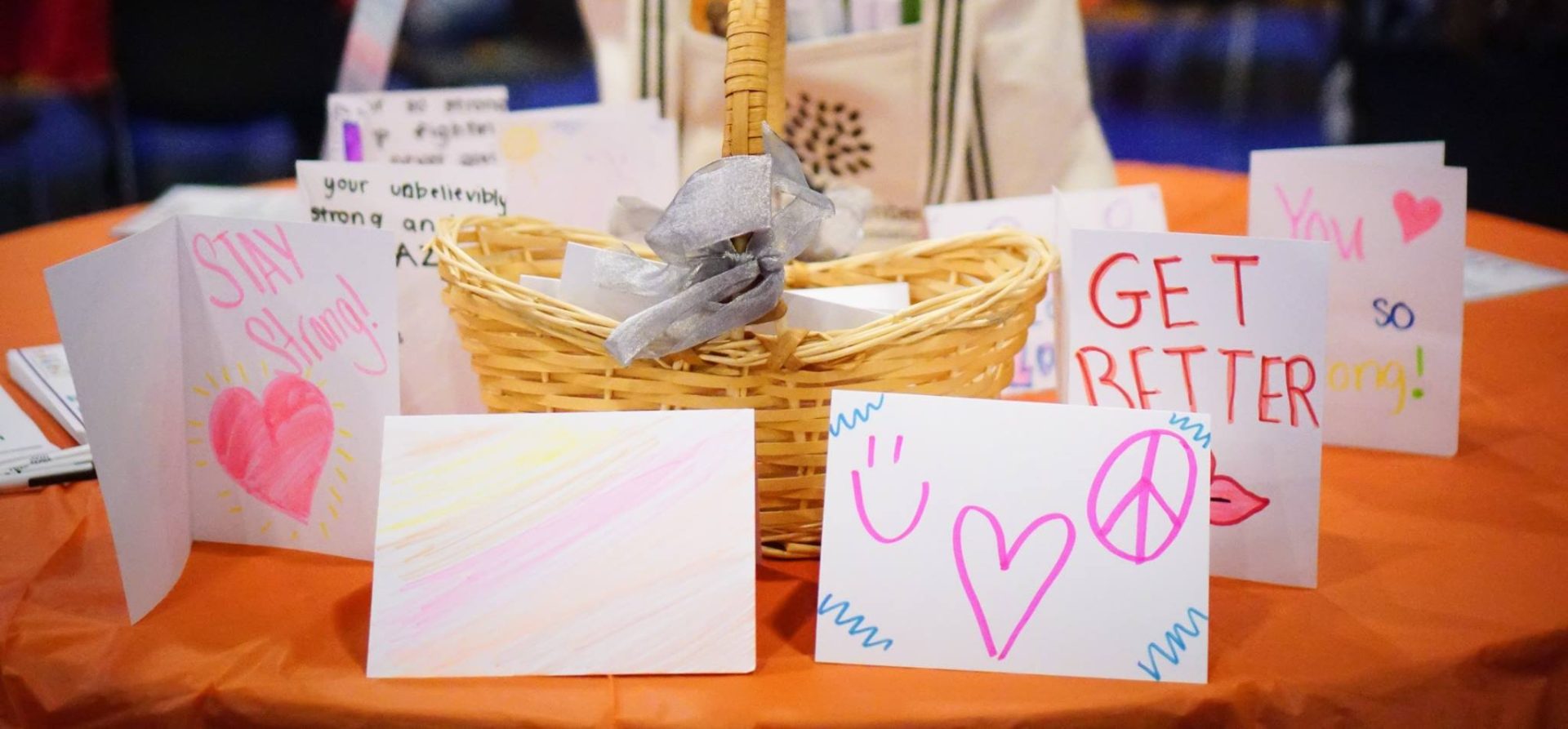Virtual Nature Program for Colorectal Cancer Survivors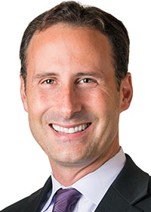
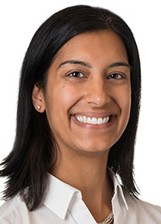
This research project, led by Dr. David Victorson and Dr. Sheetal Kircher, is about helping people who have survived colorectal cancer feel better by spending time in nature and being more active. Colorectal cancer is a common type of cancer, and even after treatment, survivors often feel tired, have pain, or feel sad or worried. Being active and spending time in nature can help them feel better, but many survivors find it hard to exercise because they lack energy, feel embarrassed, or have other challenges.
The study will test a six-week program called “Nature RX,” where 85 colorectal cancer survivors will be split into two groups. Everyone will have a Zoom meeting with a helper to plan a nature activity, like walking in a park. They’ll use a Fitbit to track their steps and an app called Nature Dose to measure time spent in green spaces, like parks or forests. One group will get extra reminders to be active, think about their surroundings, and do something kind for the environment, like recycling. The other group won’t get these reminders. Everyone will fill out surveys every week to share how they’re doing.
The goal is to see if this program is easy to do and if people like it. The researchers also want to check if it helps survivors move more, feel happier, and improve their quality of life. This study is special because it’s the first to focus on colorectal cancer survivors and uses online tools, so people don’t have to visit a hospital. If it works, it could become a simple way to help cancer survivors everywhere feel better by connecting with nature and staying active. The study will take two years and cost $100,000, with money for things like Fitbits and paying participants for their time.

Fighting Pancreatic Cancer with New Treatments
This grant proposal, led by Dr. Bin Zhang, is about finding better ways to treat pancreatic cancer, a very deadly disease. Most treatments, like chemotherapy, only help patients live a little longer (about 11 months on average), and new immune therapies that work for other cancers haven’t been successful for pancreatic cancer. Dr. Zhang’s team wants to change that by studying a combination of treatments to make them work better.
They’re focusing on a treatment called pelareorep (REO), which is a virus that attacks cancer cells with a specific mutation (called KRAS) and helps the immune system fight the cancer. When combined with drugs called checkpoint inhibitors (like anti-PD-1), REO shows some promise, but the cancer often becomes resistant, meaning it stops responding to the treatment. The team thinks this resistance happens because of a protein called osteopontin (OPN) and a pathway in the body called MAPK/ERK.
Here’s what they plan to do:
- Test a New Drug Combo: They’ll use mice with pancreatic cancer to see if adding a drug called a MEK inhibitor (which blocks the MAPK/ERK pathway) makes the REO and anti-PD-1 treatment work better. They’ll check if tumors shrink and if the mice live longer.
- Study the Immune System: They’ll look at how the treatment affects immune cells (like T cells) in the tumors to understand why it works or doesn’t. They’ll use advanced tools to see which immune cells are helping fight the cancer.
- Learn About OPN: They think OPN helps cancer resist treatment by making immune cells less effective. They’ll test this by removing OPN from cancer cells or blocking it with a drug to see if it helps the treatment work better.
- Check Human Samples: They’ll study tumor samples from pancreatic cancer patients who got REO and anti-PD-1 in a past clinical trial. They want to see if high levels of MAPK/ERK and OPN in these samples predict if the treatment will fail, which could help doctors choose the right patients for this therapy.
The team hopes their work will lead to better treatments for pancreatic cancer and other cancers with KRAS mutations, like colon cancer. They also want to find signs (biomarkers) to predict who will benefit from this treatment. Dr. Zhang works with two other experts, Dr. Mahalingam and Dr. Munshi, who know a lot about REO and MEK inhibitors. They’ll use high-tech tools to study tumors and immune cells in detail, and their findings could lead to new clinical trials to help patients live longer.
To learn more about past Scholars we’ve funded and their research findings, please check out Our Stewardship Report.
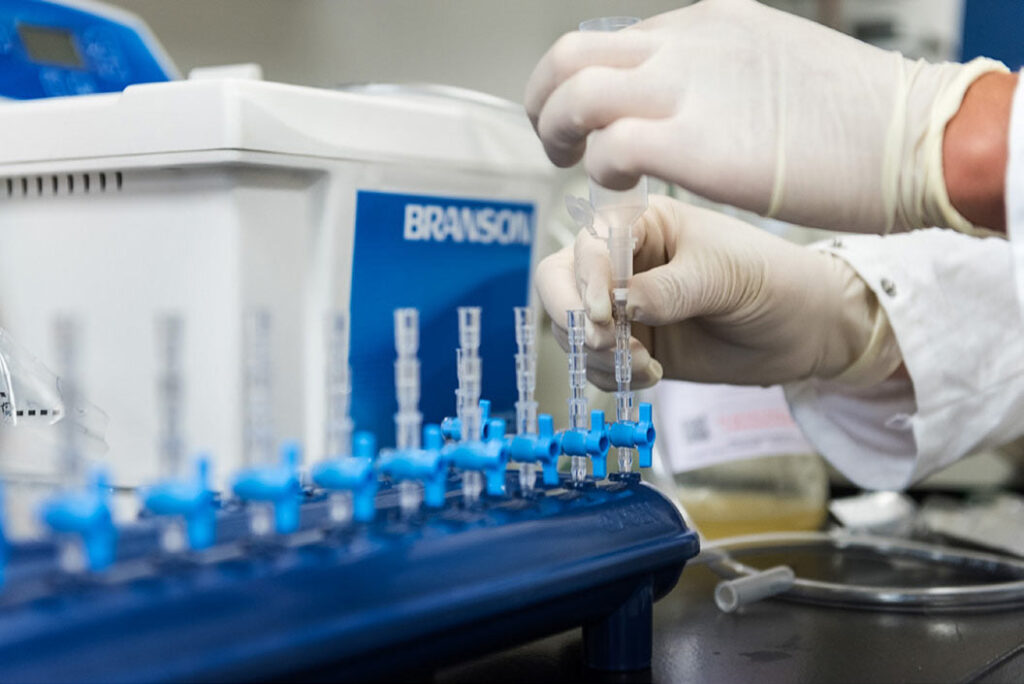 The Harold E. Eisenberg GI Cancer OncoSET is an extension of the Lurie Cancer Center’s breakthrough OncoSET Program. In 2014, the Lurie Cancer Center became the first academic cancer center in Chicago and one of only a handful in the nation to provide personalized medicine to patients with tumors —especially tumors that are resistant to traditional cancer therapies.
The Harold E. Eisenberg GI Cancer OncoSET is an extension of the Lurie Cancer Center’s breakthrough OncoSET Program. In 2014, the Lurie Cancer Center became the first academic cancer center in Chicago and one of only a handful in the nation to provide personalized medicine to patients with tumors —especially tumors that are resistant to traditional cancer therapies.

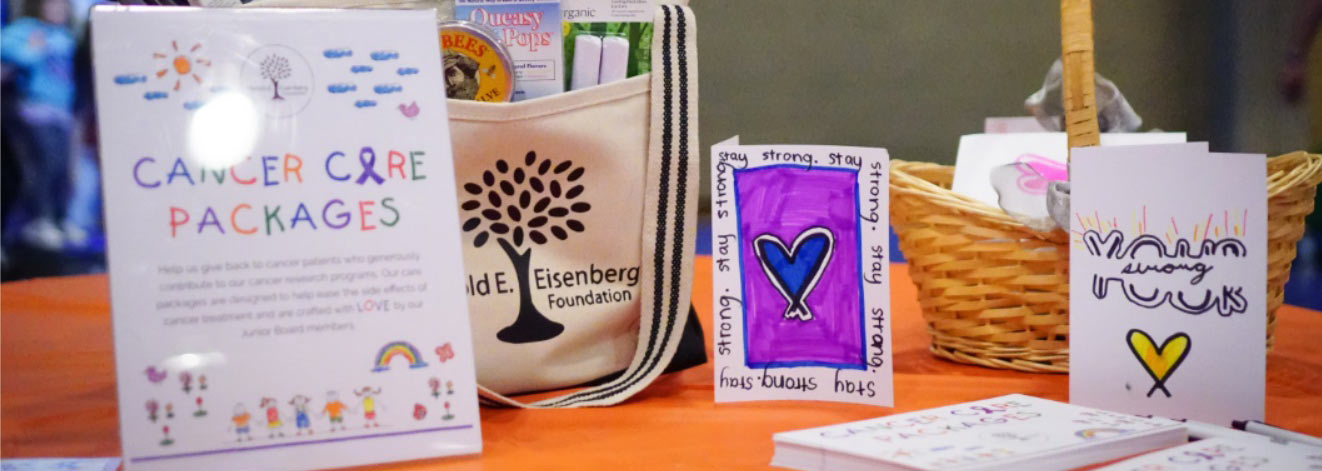
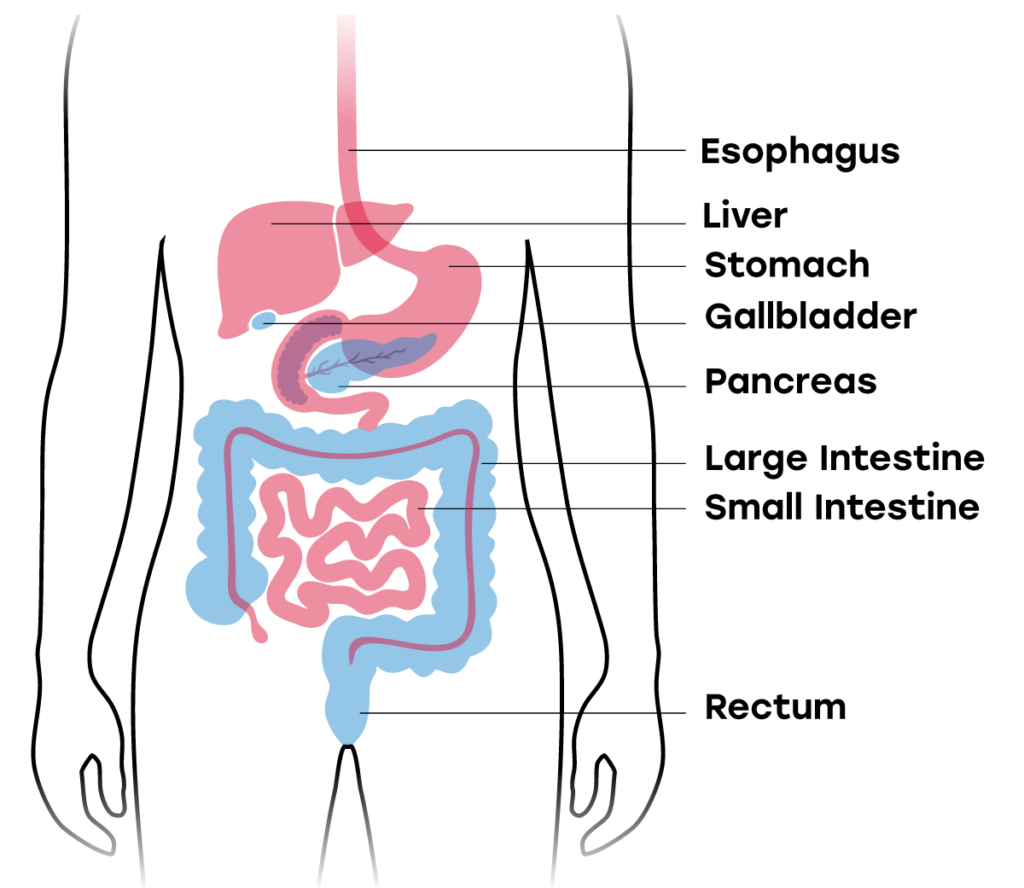 What is GI Cancer? Gastrointestinal (GI) cancer is cancer of the organs in the digestive system, including the pancreas, liver, stomach, colon, esophagus, gallbladder, small intestine and rectum.
What is GI Cancer? Gastrointestinal (GI) cancer is cancer of the organs in the digestive system, including the pancreas, liver, stomach, colon, esophagus, gallbladder, small intestine and rectum.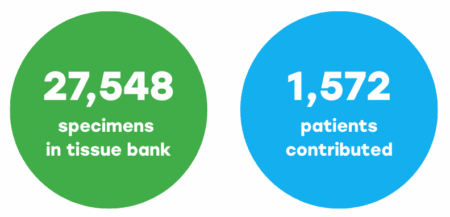 The Harold E. Eisenberg GI Cancer Tissue Bank is the first of its kind in the Midwest and is at the forefront of cancer medicine. Samples allow researchers to study what characterizes cancer tissue to improve prevention, detection and treatment. The bank stores over 27,000 samples, growing each month.
The Harold E. Eisenberg GI Cancer Tissue Bank is the first of its kind in the Midwest and is at the forefront of cancer medicine. Samples allow researchers to study what characterizes cancer tissue to improve prevention, detection and treatment. The bank stores over 27,000 samples, growing each month.


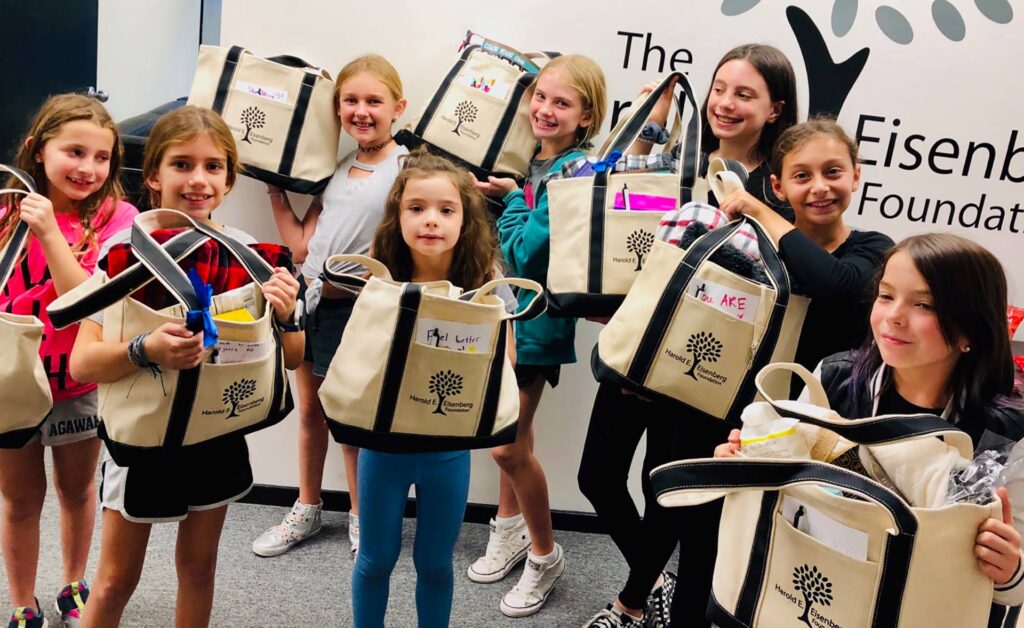 Our Cancer Care Packages are designed to help ease the side effects of cancer treatment for newly diagnosed gastrointestinal cancer patients.
Our Cancer Care Packages are designed to help ease the side effects of cancer treatment for newly diagnosed gastrointestinal cancer patients.